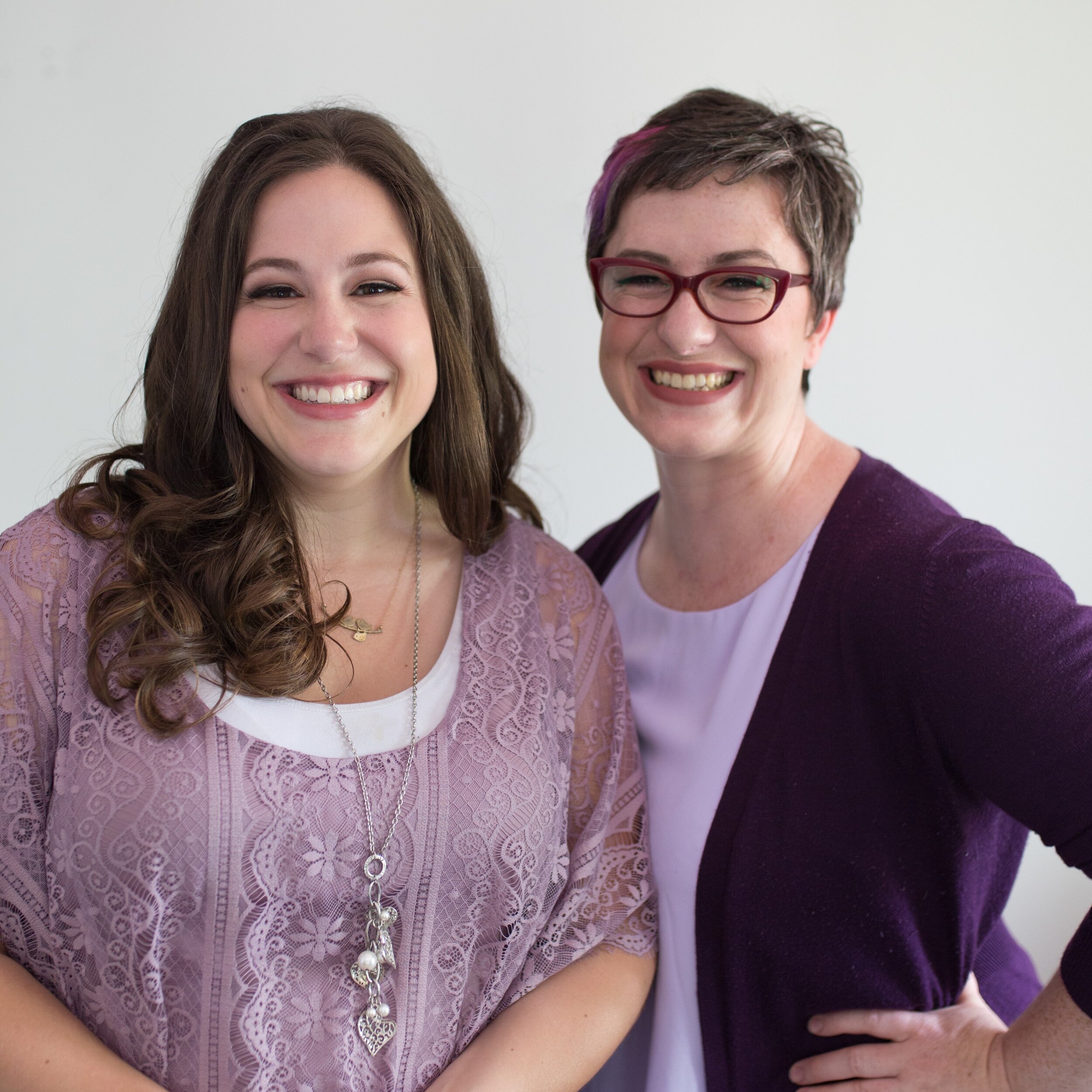The Practice of Practice
As a recovering perfectionist, I have spent most of my life avoiding trying new things. Basically, the math in my head went something like this:
I receive love when I am perfect (when I am perfectly behaved, when I follow the rules, when I get 100% on a test or project, etc)
Therefore when I am not perfect, I am not worthy of love
Well, that’s terrifying
I can’t risk not receiving love
Therefore I will only do things that I know I can do perfectly
NO NEW THINGS!
Our culture values striving for excellence, which usually turns into striving for perfection – on the surface, this seems really admirable. Why shouldn’t you always try to be perfect at what you do?
The shadow side to this is that it’s very, very easy to turn it inside out and use it as armor – as a way to separate yourself from the world, from new experiences, new people, and new growth. It cuts you off from some of the most valuable, soul-nourishing experiences of life.
“Perfectionism is not the same thing as striving to be your best. Perfectionism is the belief that if we live perfect, look perfect, and act perfect, we can minimize or avoid the pain of blame, judgment, and shame. It’s a shield. Perfectionism is a twenty-ton shield that we lug around thinking it will protect us, when, in fact, it’s the thing that’s really preventing us from being seen and taking flight.”
— Brené Brown
This really came to a head for me as a new parent. At first, I thought that if I just read enough, if I made sure that I understood infant development, that if I connected, cared for, and met every single one of my children’s needs, if I was the perfect parent, then I could be in control and it would all be easy.
It took me a long time to understand that children don’t work like that.
While I was busy trying to make myself the perfect parent and my kids the perfect kids and striving for all the gold stars, I was missing out on simply enjoying them and enjoying our time together. I was missing out on the messy, good enough, goofiness that was them.
There is no perfection to be had in parenting. There is simply good enough.
Image Description: Rachel’s three kids sitting on a couch, snuggled under a yellow blanket, with Mr. Potato Head pieces in their mouths.
So how do you let go of perfectionism? The best way that I have found is to embrace the practice of practice.
When I give myself permission to practice:
I release the need to be perfect at something the first time I do it
I allow space for “screwing up”, “making mistakes”, and “failing” (also known as Being Human)
I can try, receive feedback, tweak, and try again
I create an opportunity to learn, grow, and get better at something
I realize that some things come easily to me and some things do not – neither offers any insight into my worth as a person
I can complete a thing and put it out into the world when it is “good enough” rather than waiting and waiting and waiting for it to be perfect and never putting it out into the world at all
Once I began to practice practicing, I realized that it applies not only to concrete skills like becoming a better writer, learning to change the oil in your car, or how to keep your tax receipts organized – it also applies to intangible skills like using my voice, asking for what I need, being patient, holding space for friends, being a good listener, receiving pleasure, embracing moments of joy, basically anything at all.
The beautiful thing about practice is that the goal is never to get anything 100% right.
The goal is simply to try.
To see what happens. To take that feedback (what we tend to label as failure if we didn’t get the outcome we expected or success if we did) and tweak and try again.
And with practice, you can start small. You don’t have to master anything to start. To start, you take a tiny chance. Something that feels reasonable and do-able. For example, if you’d like to become more assertive, you can start by actually stating the preference of the tv show you’d like to watch that night or the restaurant you’d like to go to.
It’s like strengthening a muscle. You start with little weights, and build to the big ones. Before you know it you’ll be setting boundaries like a boss, stating what you want and need, and being the assertive bad ass you know you are.
It simply takes time. Sometimes the tiny steps you take in the beginning feel so pointless but in a year? When you look back at the hundreds of tiny steps? You’ll realize just how far you’ve actually come.
So start now. What do you want to practice today?





